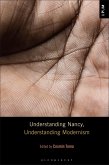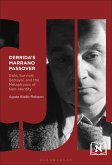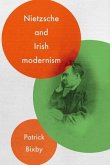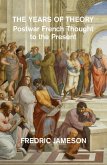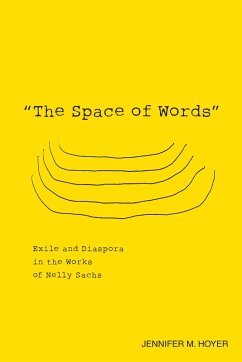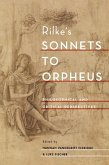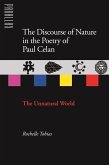Examining the relationship between German poetry, philosophy, and visual media around 1900, Carsten Strathausen argues that the poetic works of Rainer Maria Rilke, Hugo von Hofmannsthal, and Stefan George focused on the visible gestalt of language as a means of competing aesthetically with the increasing popularity and "reality effect" of photography and film.
Poetry around 1900 self-reflectively celebrated its own words as both transparent signs and material objects, Strathausen says. In Aestheticism, this means that language harbors the potential to literally present the things it signifies. Rather than simply describing or picturing the physical experience of looking, as critics have commonly maintained, modernist poetry claims to enable a more profound kind of perception that grants intuitive insights into the very texture of the natural world.
Poetry around 1900 self-reflectively celebrated its own words as both transparent signs and material objects, Strathausen says. In Aestheticism, this means that language harbors the potential to literally present the things it signifies. Rather than simply describing or picturing the physical experience of looking, as critics have commonly maintained, modernist poetry claims to enable a more profound kind of perception that grants intuitive insights into the very texture of the natural world.
Dieser Download kann aus rechtlichen Gründen nur mit Rechnungsadresse in A, D ausgeliefert werden.



